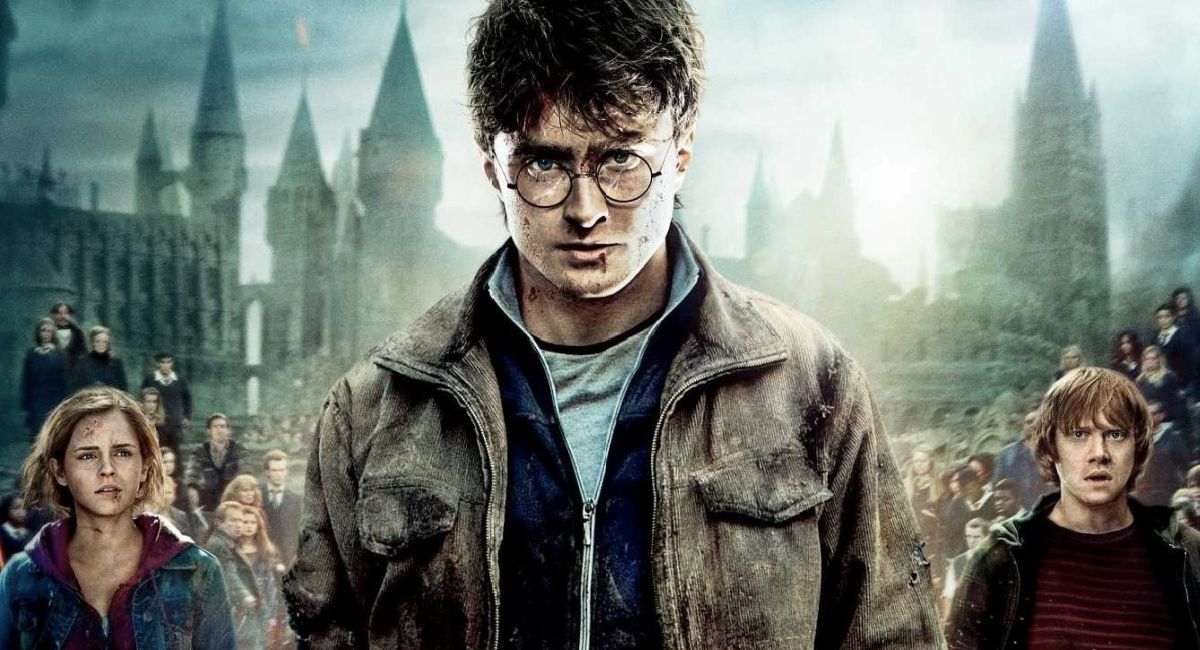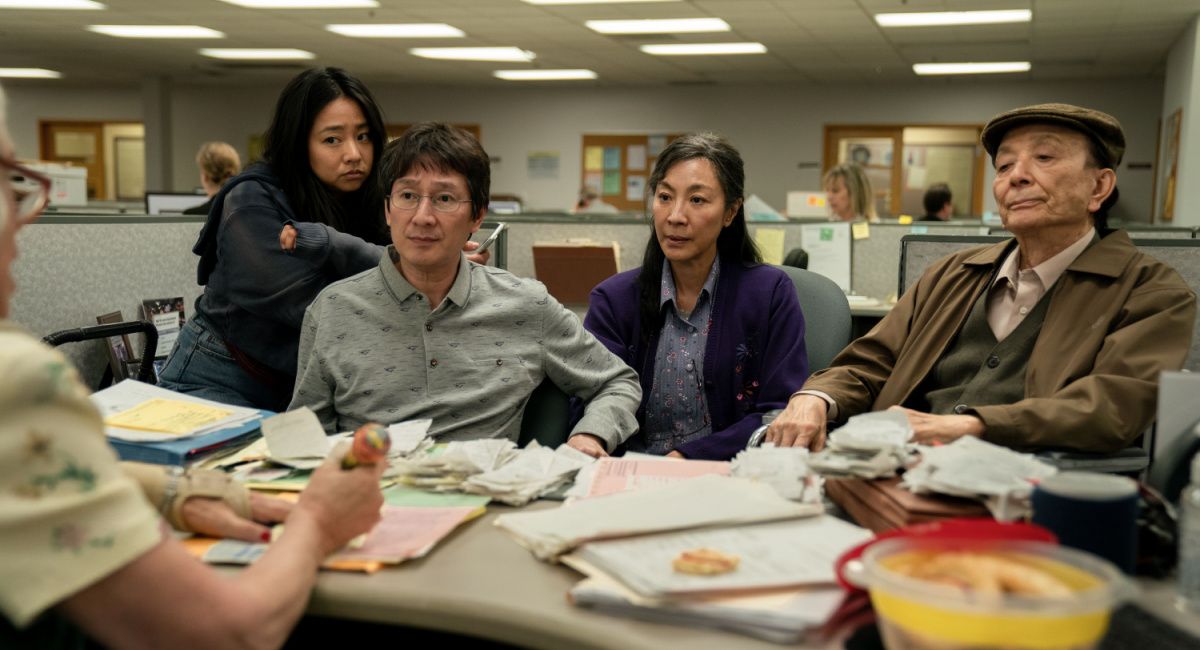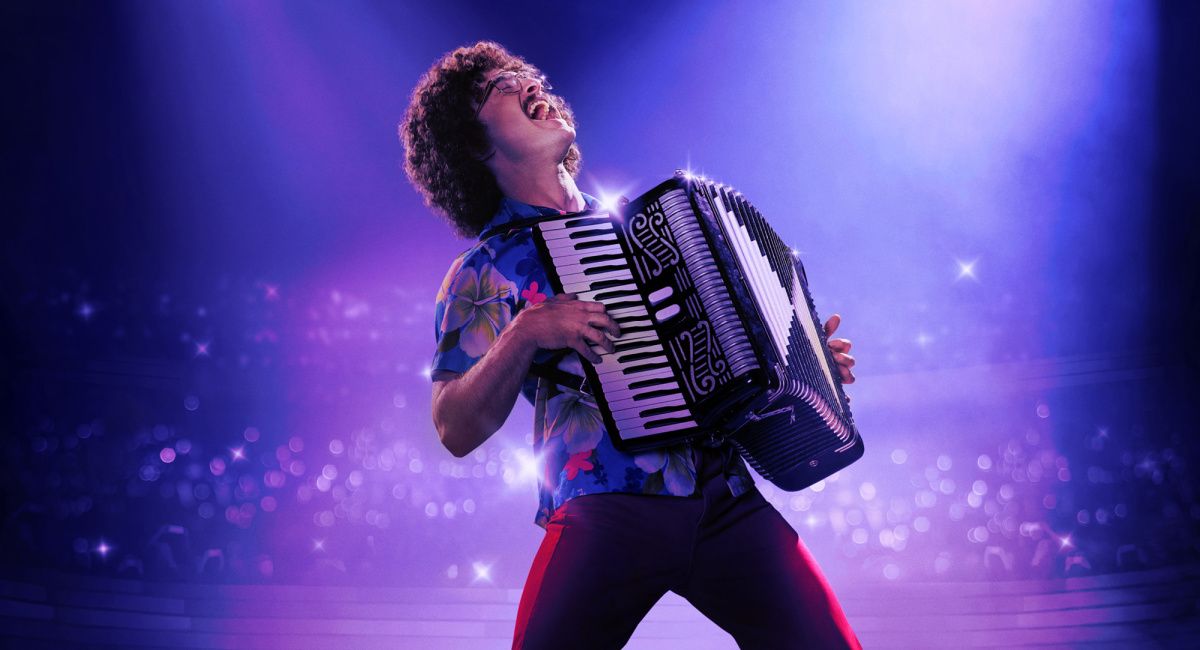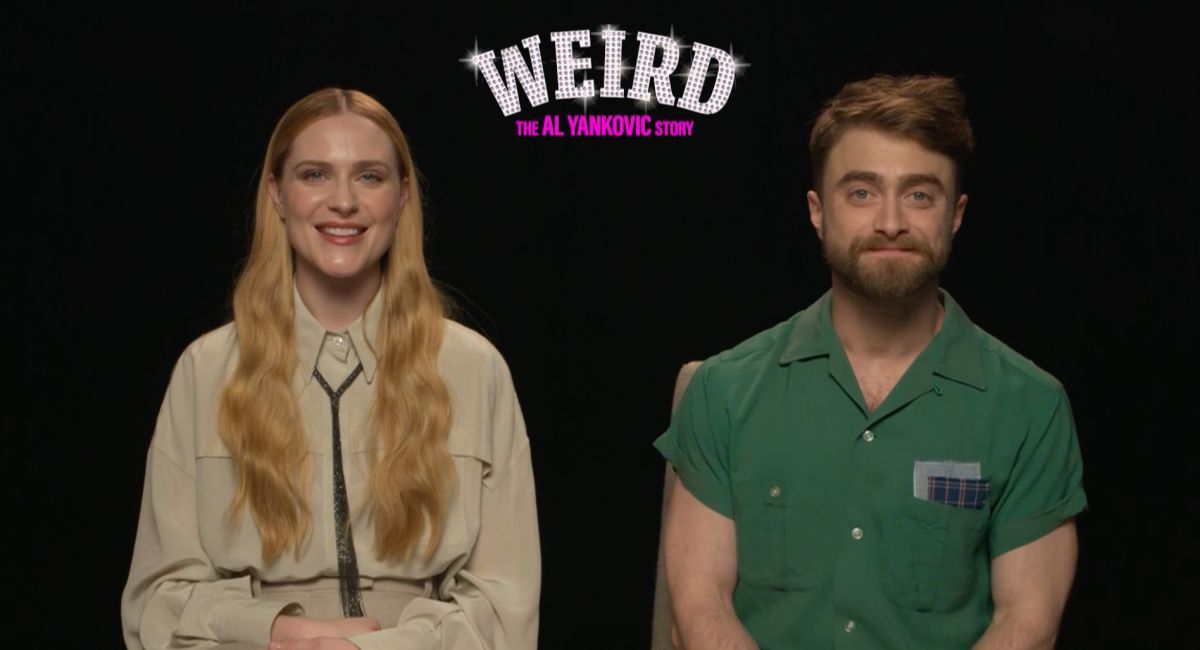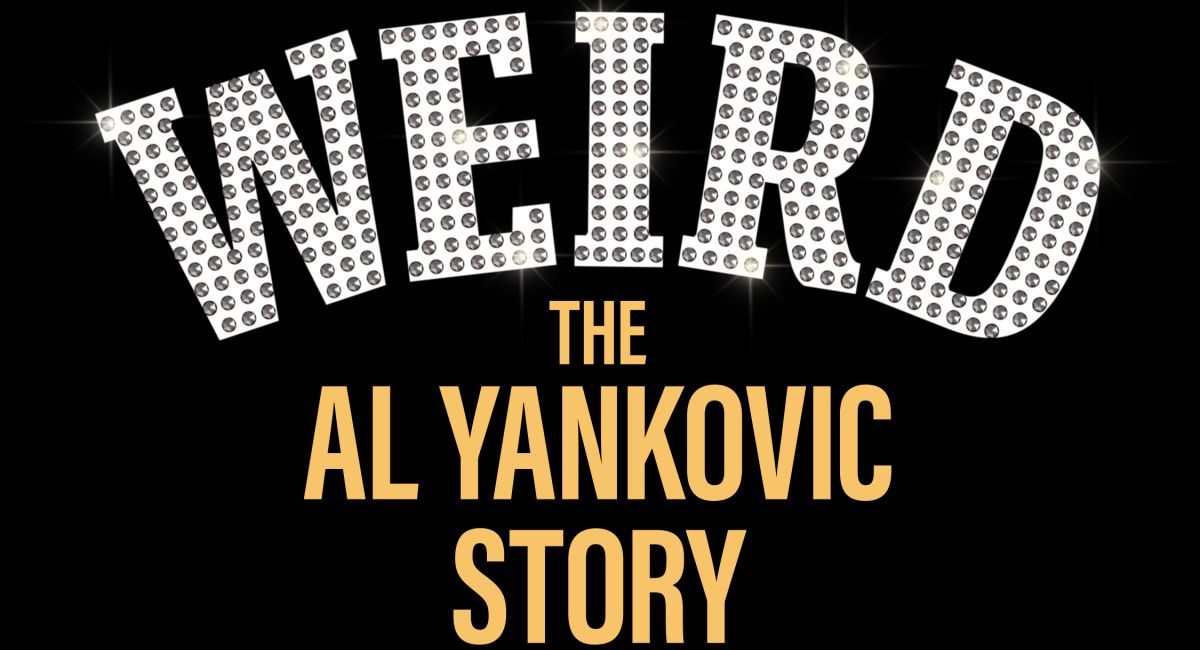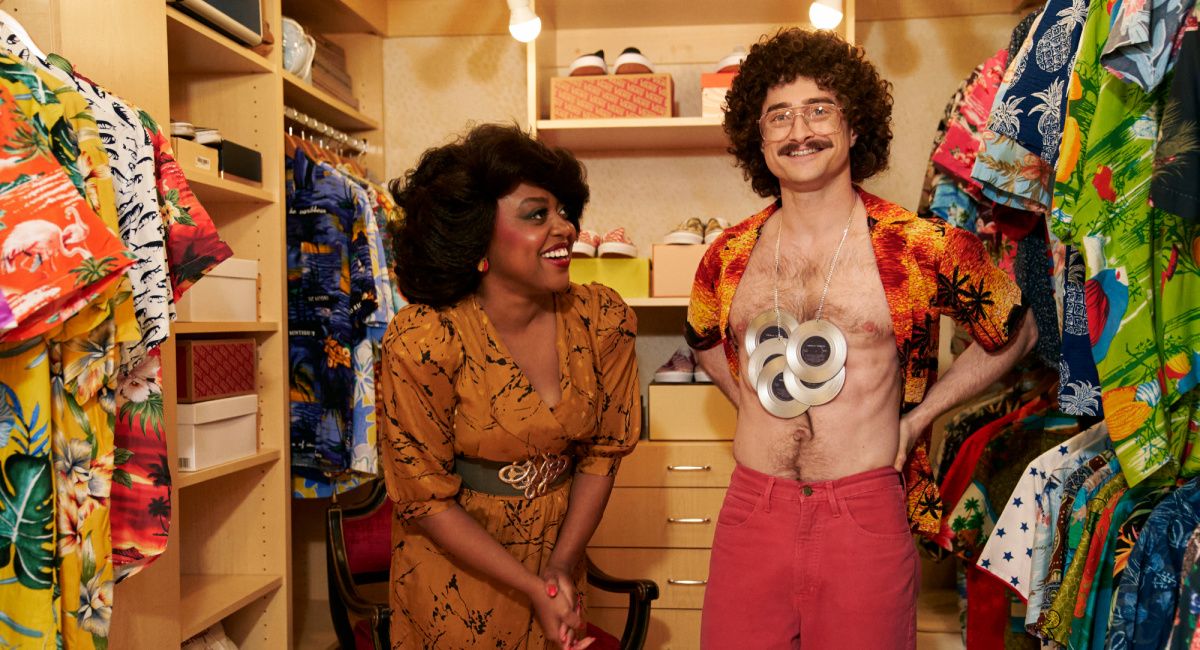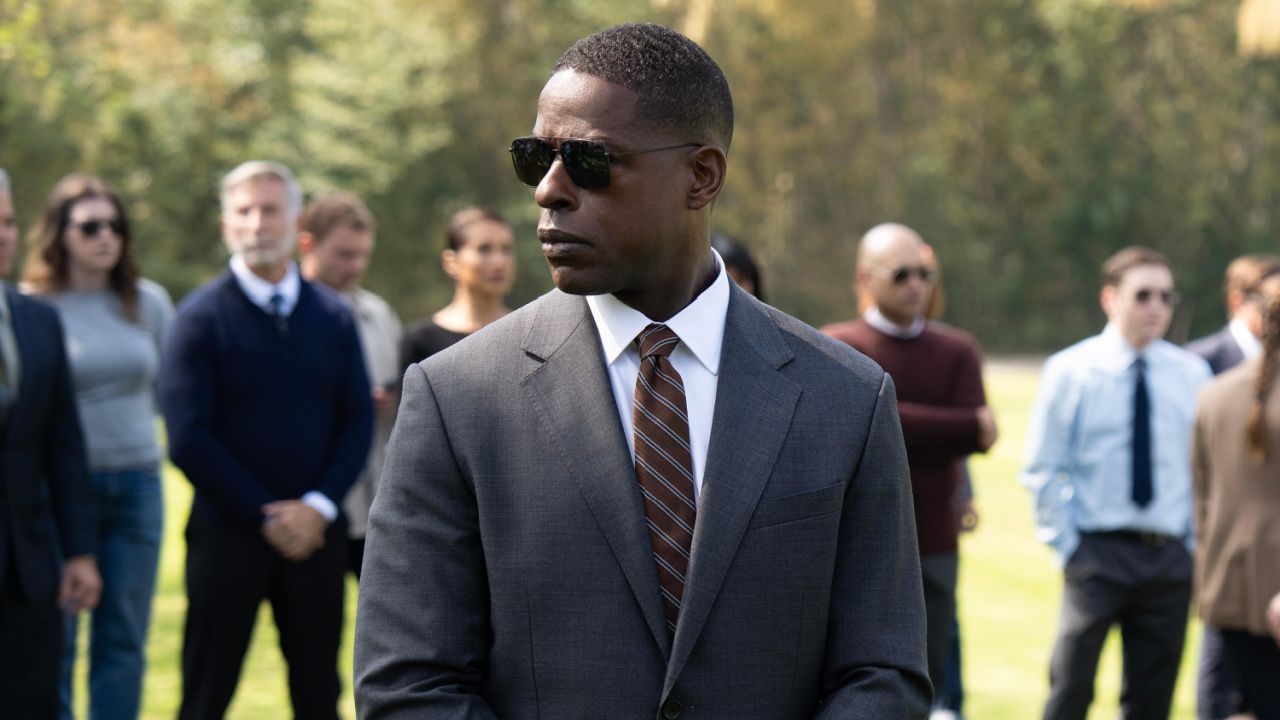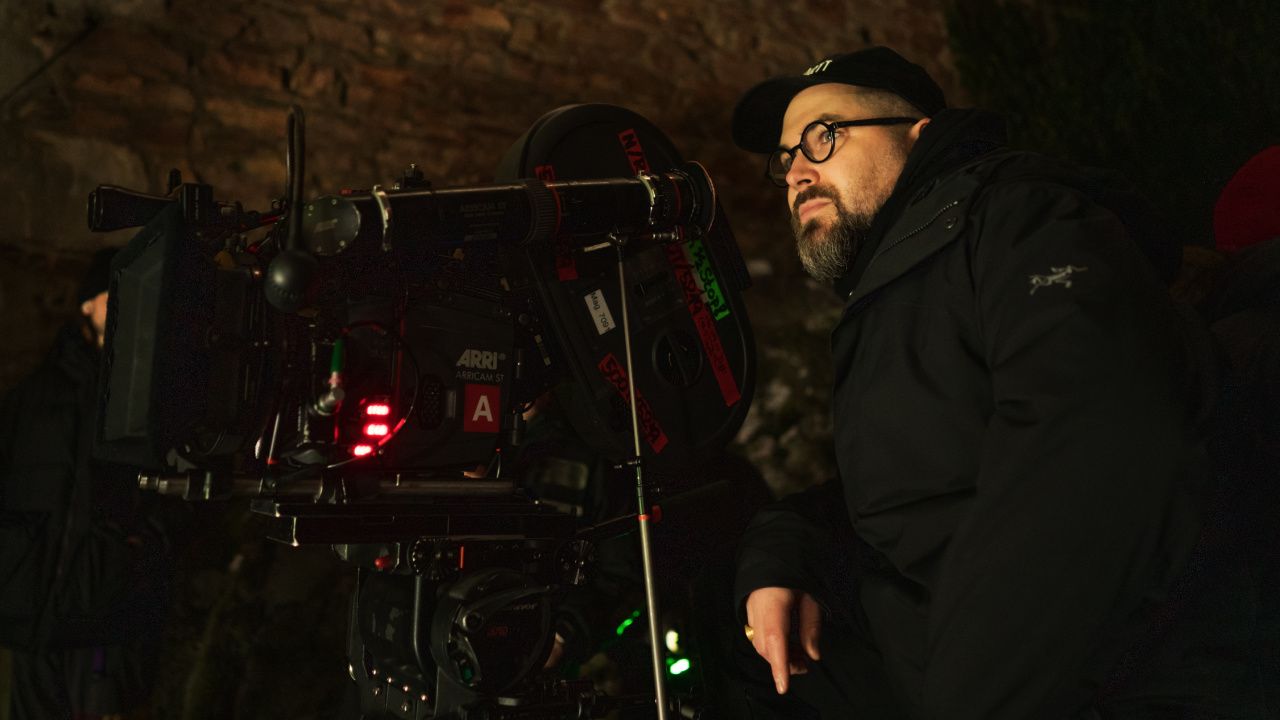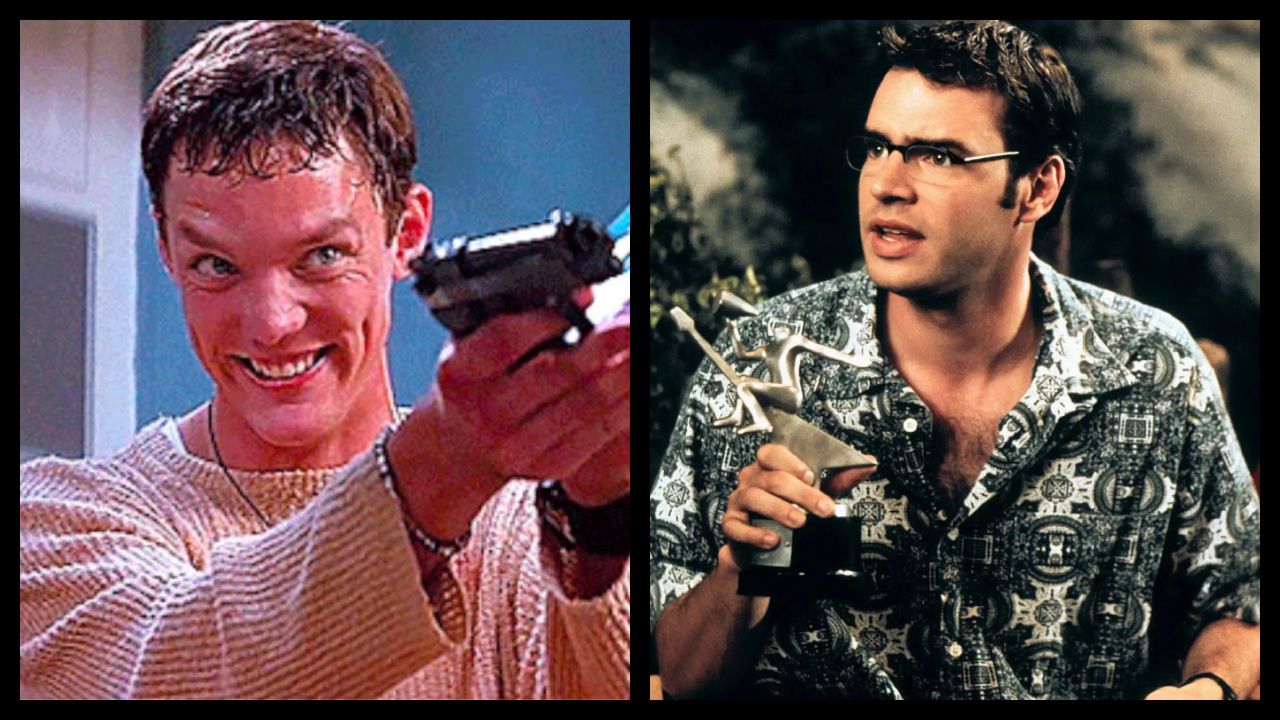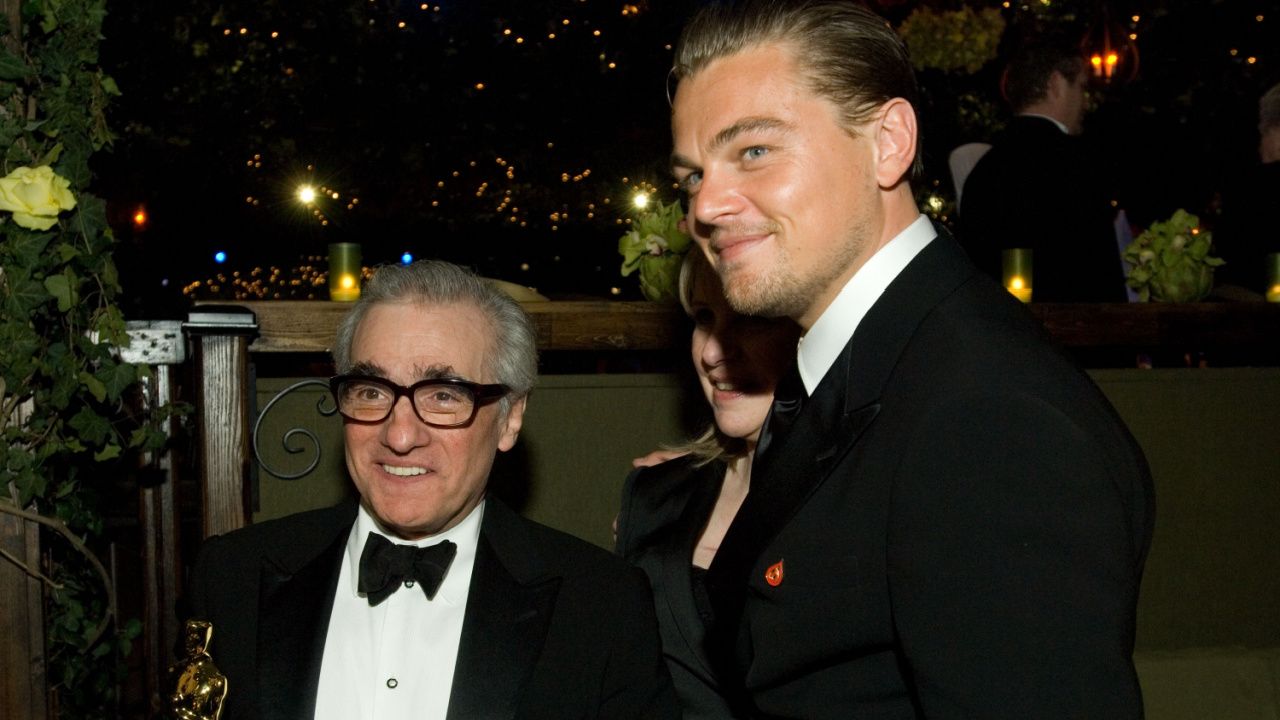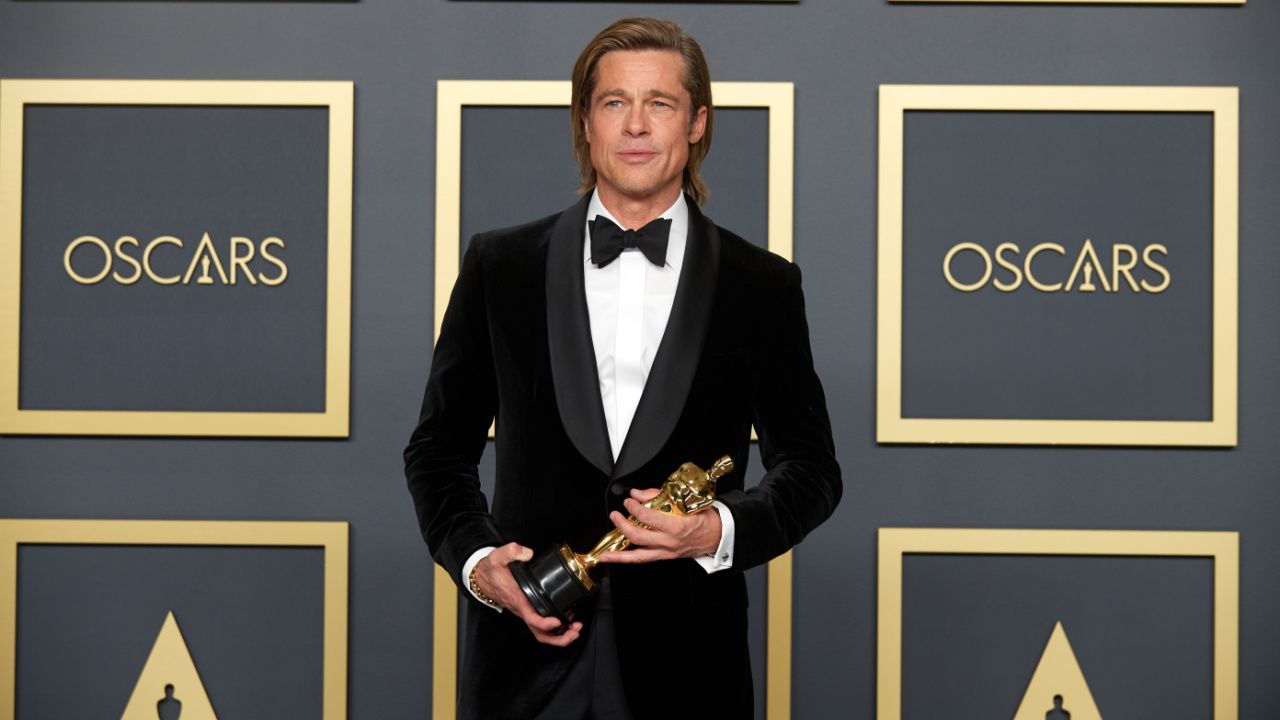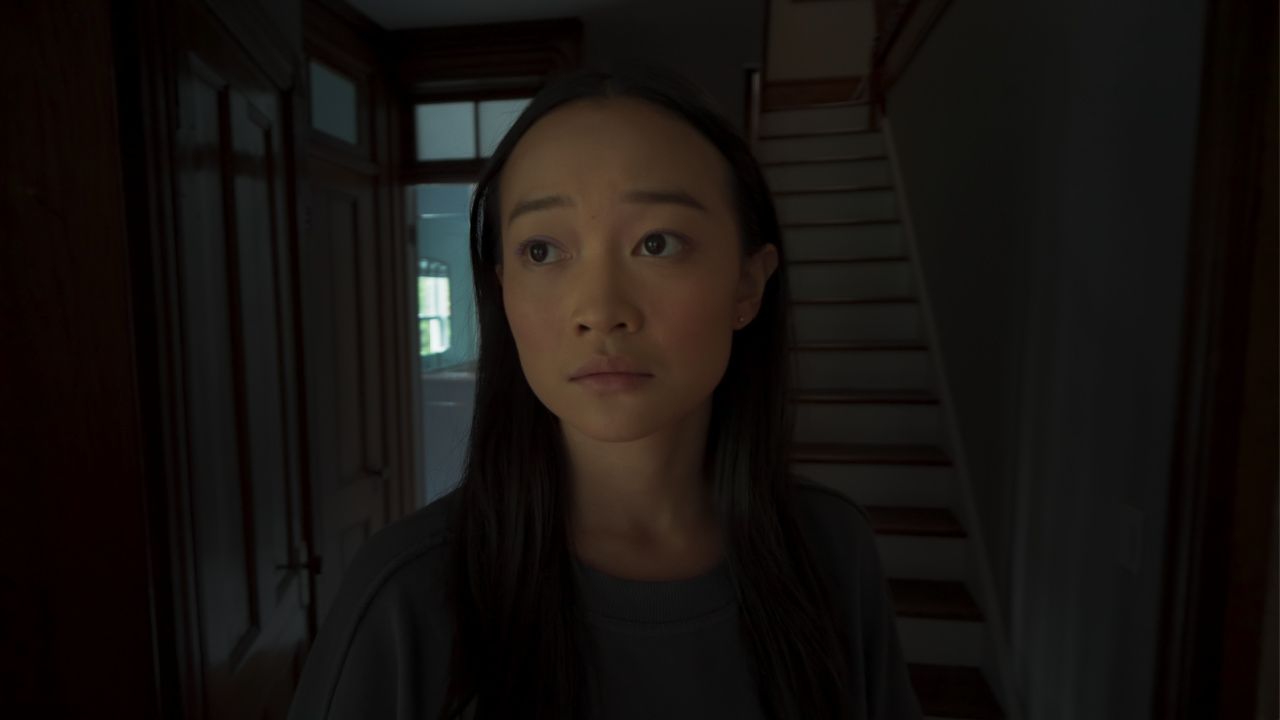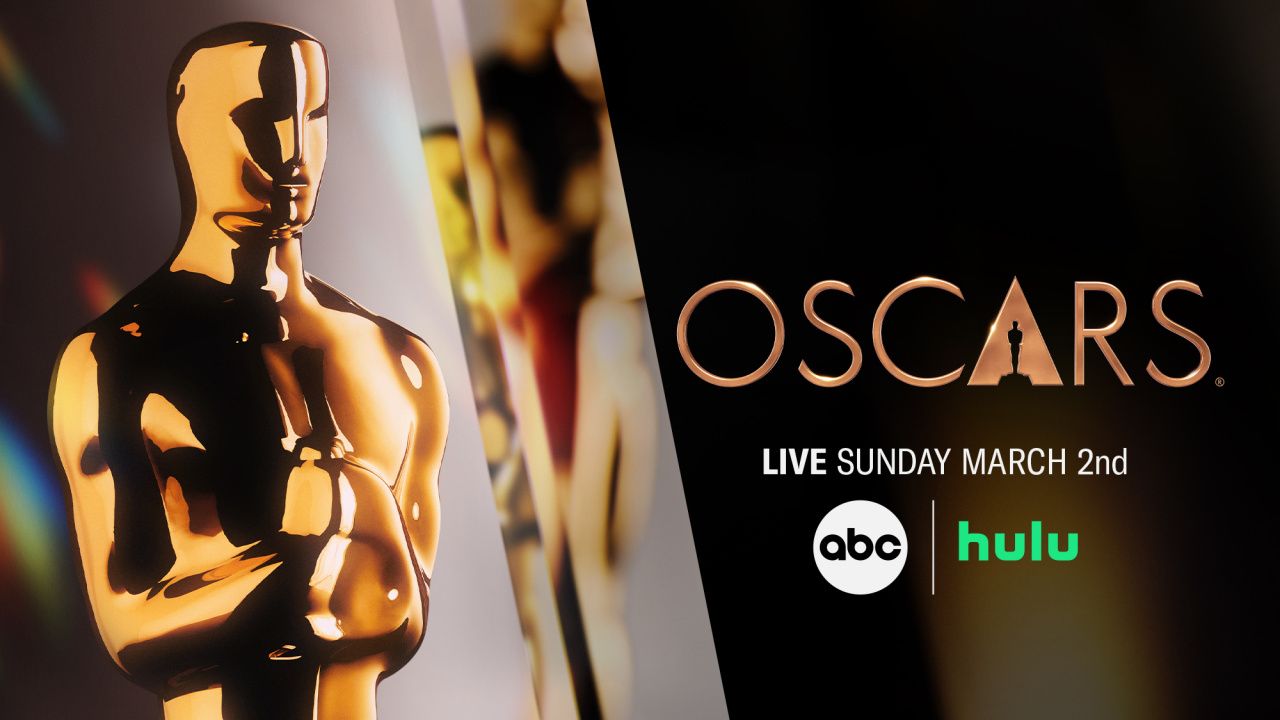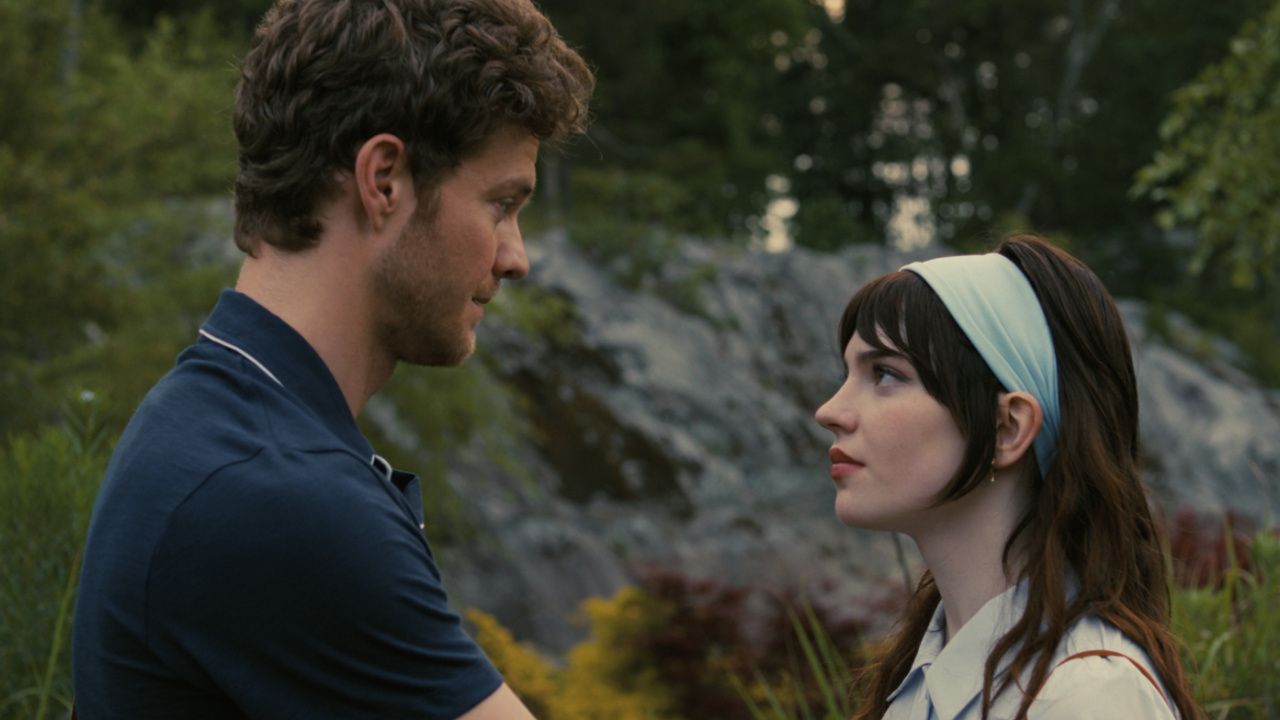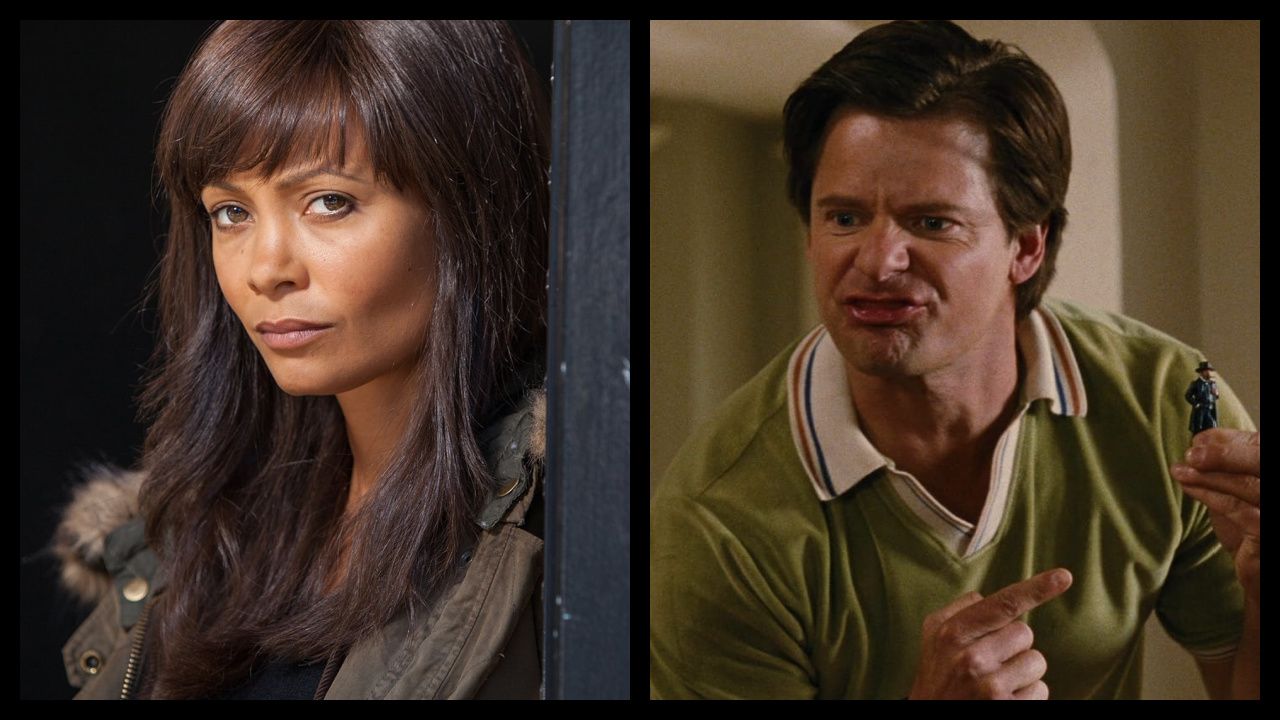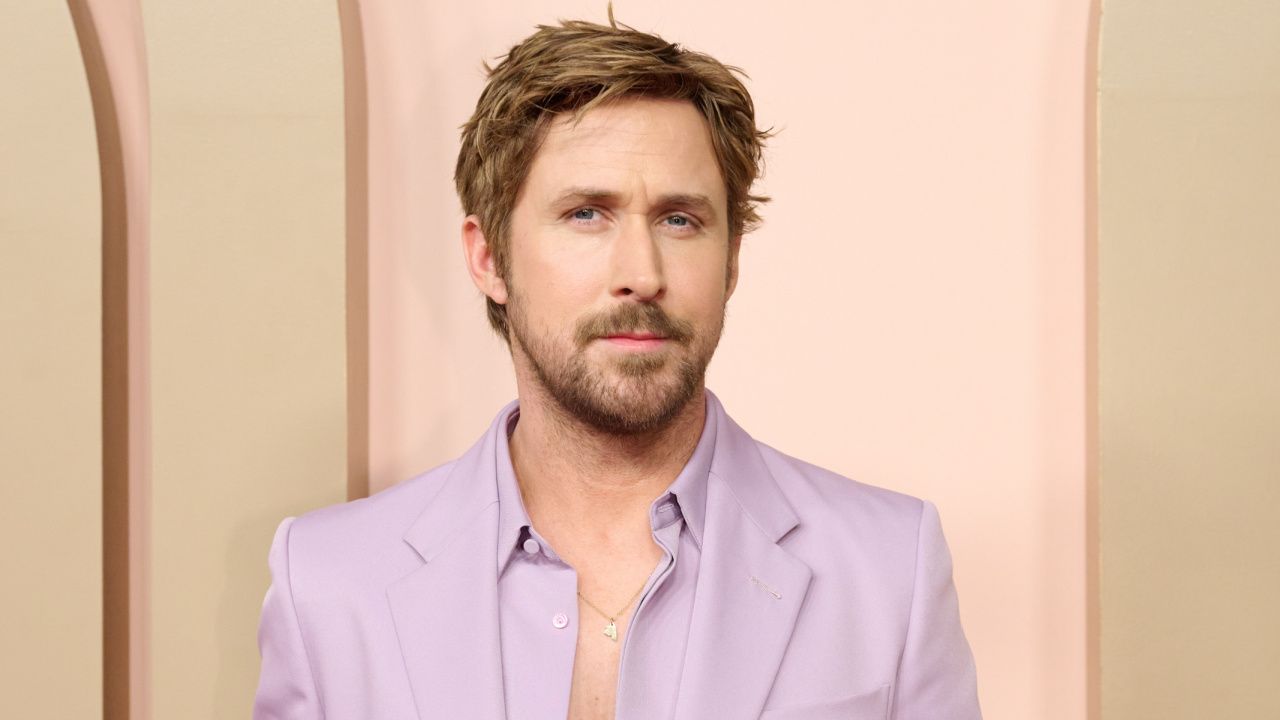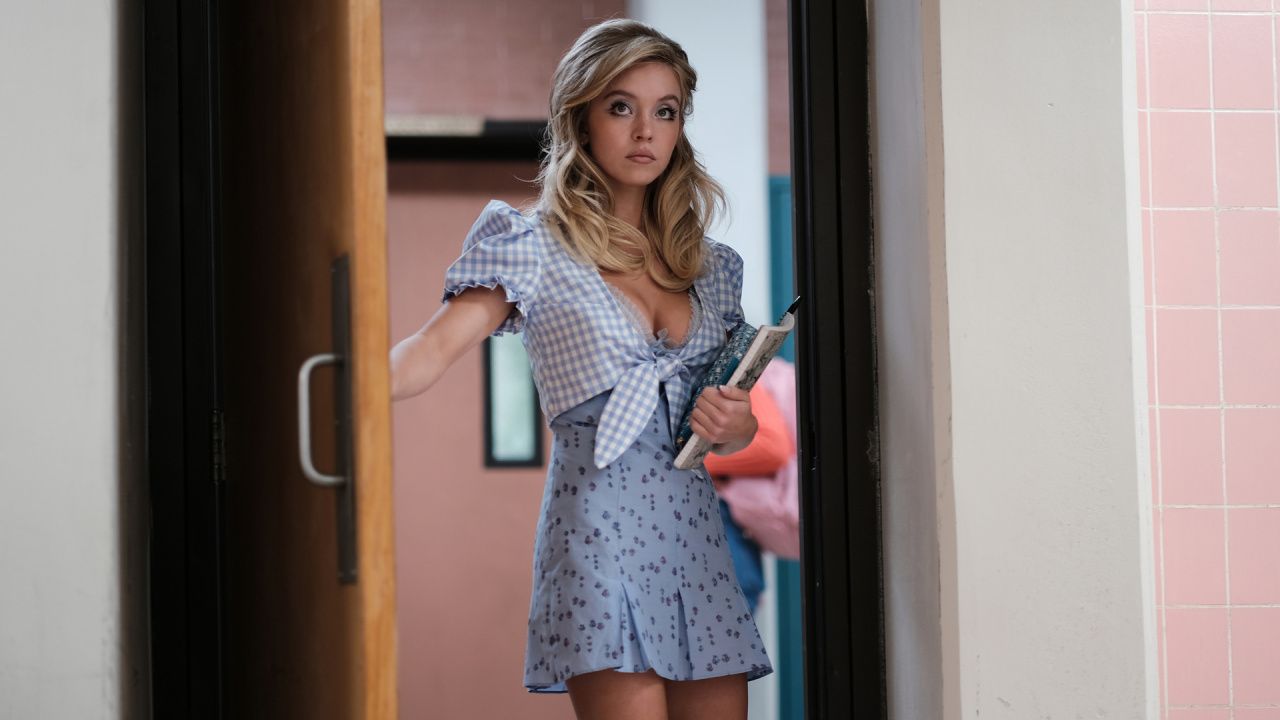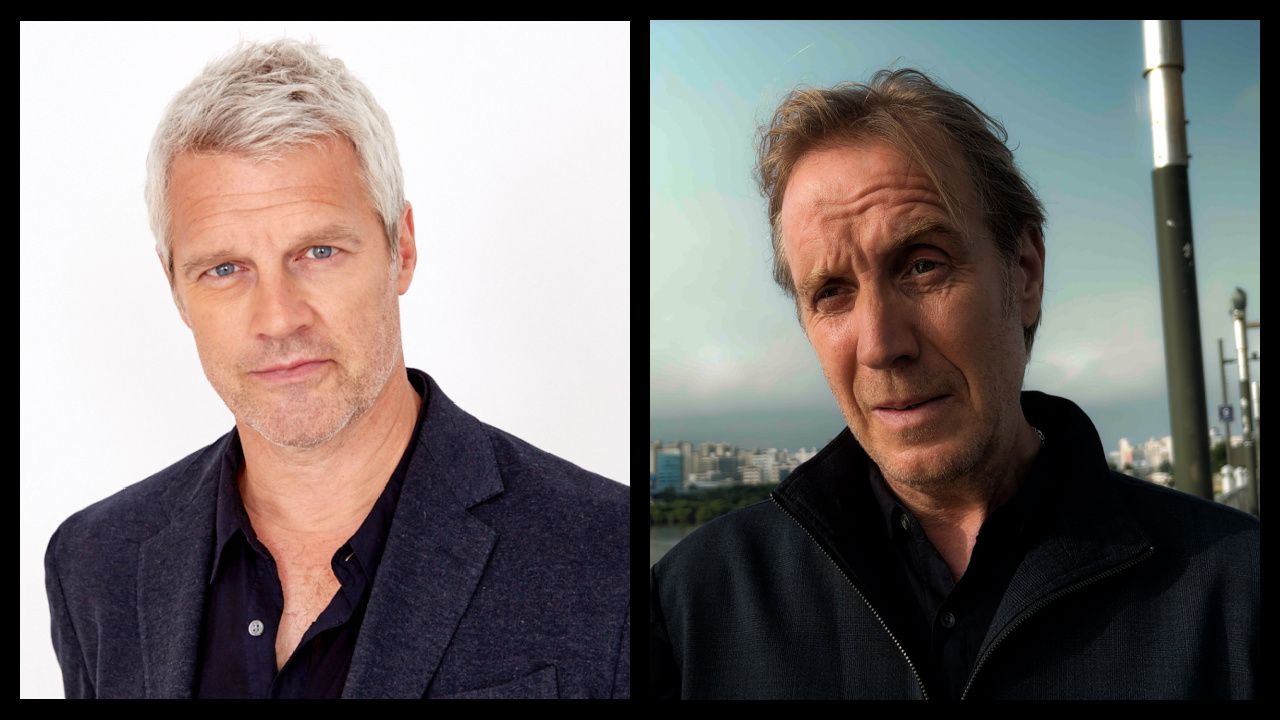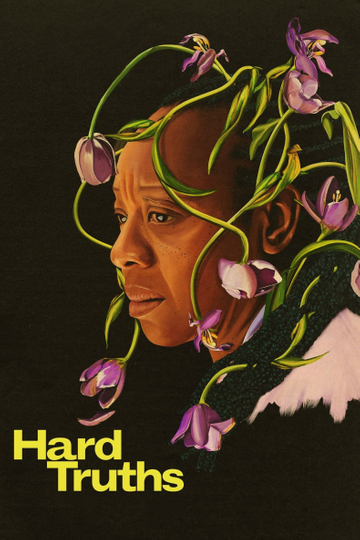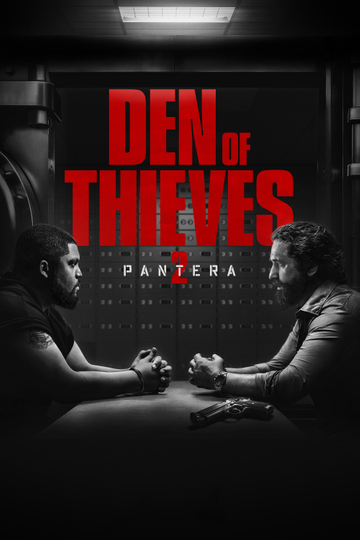‘Miracle Workers: Oregon Trail’ stars Steve Buscemi and Daniel Radcliffe discuss the third season of the anthology series
Steve Buscemi & Daniel Radcliffe share what fans can expect along the ‘Oregon Trail’
The upcoming season of ‘Miracle Workers’ takes the cast to the 1840s, which means we get Western-style comedy. Cast members Steve Buscemi, Daniel Radcliffe, Geraldine Viswanathan and Karan Soni talked with us about this new season.
First up, Steve Buscemi and Daniel Radcliffe talk about the advantages of working on an anthology series.
Moviefone: Steve, can you explain to people who may not know what is an anthology series?
Steve Buscemi: Very good question. So it's a series where each season is different from each other, but what's the same about it is that we have the same cast. So on our show, the first setting was in heaven. That was the first season. I played God. Dan played an angel. Second season was the dark ages. I played a shit shoveler. Dan played a crown prince and this season we're on the Oregon Trail. So it's a Western. And in this season, Dan and I have the most to do together than previous seasons, which I think we were both very happy about. I play an outlaw who's on the run, trying to evade the law. Dan plays a pastor who was just trying to save his town from starvation and to get them to better pastures and Oregon. We somehow meet up and become a team to try and get there.
MF: Yeah. I was just talking to Geraldine and Karan and talking about how Benny the Teen is really their GPS.
Buscemi: It may not have been the wisest thing to use Benny as their guide. I mean, he is a bit of a con man, but he has been around and he knows how to ford a river and he knows how to get over a mountain. So, yeah. But really he's a very selfish guy and he's just really trying to evade the law and maybe get revenge on his gang who left him for dead.
MF: Daniel, and the Reverend when he discovers that their GPS is really an outlaw. He's not really happy about it, but everybody else in his town, they're thrilled. They're overjoyed. I found that hilarious.
Daniel Radcliffe: Yeah. Well, I think they all know that, yes, he is a more murderous GPS and less to be trusted than a normal one, but they also recognize that he is their only way, and he is the only man who has the skills to get them to Oregon. At that point, my character is still so morally rigid that he's like, "No, we can't be led to Oregon if it's by this person who is very unholy." And that's one of the first compromises Zeke learns he has to make on the trail is that actually, it's better to go with this guy than not get there at all. I think that's sort of one of the first turning points for him.
MF: What is the reverend's backstory?
Radcliffe: He was an orphan growing up in the UK in England, who became obsessed with the idea of America at some point growing up over there because it represented a lot of the idea that America sort of represented a social mobility that particularly at that time was absolutely not available in England, would have drawn him over. And he's made it his new home, and now he's become the most ardent patriot and believer in America, the idea of America, than sort of anyone else in the town.
MF: This next question, I guess, is both of you because both of you, for instance, Daniel, you did many Harry Potter movies where you played the same character throughout. Steve, you played the same character through the run of Boardwalk Empire. You're on your third season here. We just talked about how it's an anthology series, completely different characters. What are the pros and cons to you about this series compared to something that's not an anthology series? I can start with you, Daniel.
Radcliffe: I would just say, to me, it's mostly advantages. As an actor, I love getting to do something different all the time and getting to keep it fresh in that way. I think the only thing that you can say is a disadvantage sometimes is that you get to the end of the season just being like, "Oh, I've just figured this character out just in time to never play him again." But the same thing happens with plays in theater. You figure it out just at the end, so it's the nature of it. And I definitely am a real fan of just keeping it changing. It's great for me.
MF: And Steve?
Buscemi: I think we're blessed that we get to work together each season and yet play different characters. I see it as mostly an advantage, but I do agree with Dan. At the end, I mean, it's always hard to shed a character that you really enjoy. But I look forward to hopefully getting another season and it being a totally different situation and a different character.
MF: So Daniel, the first season Miracle Workers was from Simon Rich's novel. And the second season, I believe, was from a short story of his. Where did the idea for this season come from?
Radcliffe: I've heard that the second season was from a short story as well. That was news to me when I heard that, which is probably just a failing on my part. But the third series is completely the brainchild of Dan Mirk and Robert Padnick. Dan has been working on the show since the very beginning and Robert worked on the last season, but Simon sort of stepped aside this season and they took over the actual show running, and so it came from their glorious brains. And I think probably, Robert and Dan I think are both interested in historical stuff and Robert also leans quite dark in his sense of humor as well. So this just was the perfect setting for them.
MF: Steve, what is it about the historical Oregon Trail story that we've all learned about that lends itself to this humor?
Buscemi: Well, I mean, I was surprised that some of the humans that they found in this particularly horrible thing that happens later in the season when we have to cross a mountain, and it's cold and everybody's starving. It leads to some pretty horrific choices. And it's funny. I just think the different cast of characters just lends itself to great stories and relationships. And what I love about all three seasons is that these characters are up against great odds, and they figure out that the only way that they're going to beat the odds is if they work together. Sometimes they don't want to work with the person that they're next to, but they somehow figure it out, and that's what I love about it. So it's still, to me has, even though it touches on some dark themes, overall, it still has a positive message.
MF: And Daniel, this series is just hilarious. It's really funny. I'm just wondering how many takes our ruined because you don't keep a straight face?
Radcliffe: Generally, I have gotten much better at that, but I would say that there's at least one scene in episode three that they have to cut away from me very, very quickly because I couldn't. I think they got one take where John Bass said the line that he said, and I managed to keep it together for two seconds, and that was enough time for them to then cut out of it. But every other time I laughed and ruined it. So I'm very glad they found a way around it. Laughing on set is both the best and worst thing because it is incredibly funny. But at the same time, when you were aware that, oh no, you're really ruining this. They need this shot to work. It is also very, very stressful.
MF: Steve, this was shot under pandemic protocol. I think I would just be giddy from being around people again.
Buscemi: It was very surreal. This is the first job that both Dan and I did during, back and we weren't back yet. We shot this during the pandemic. And so it was very surreal to see the crew in masks and we were wearing masks if we weren't on camera, but it was great to be outdoors. I mean, if I had to be working this, because of the subject matter and because of the way they did it, and also production was very super aware of the challenges, and we were tested all the time. So the protocols were in place and we did it. And at the end of it, we felt really proud and good that we were able to achieve so much during these challenging times. And you're right, it felt good to be with people. It felt great to be with people.
Next, Geraldine Viswanathan and Karan Soni talk about their characters for this season.
Moviefone: Hi, you guys. Geraldine, explain to me and for people who may not understand, what is an anthology series?
Geraldine Viswanathan: An anthology series is, we switch it up each season, so there's no ... An anthology. Yeah, it's like ... How do you define anthology?
Karan Soni: It's the same cast but different characters, and you can watch each season like its own season. Not to mansplain here, but I just got in there.
MF: Yeah. I think that's very interesting because, for instance, if you're acting in a regular series, and you're in your third season, you've developed your same character now for your third season. But for you guys, you are playing completely different characters every season. Geraldine, do you see any connection between your characters from season to season, although they're completely different?
Viswanathan: I do. I do think that each season is set in a world where things are bad, where things are run poorly or things just aren't working. It's kind of twisted and backwards, and I think that my character always kind of comes in as the eyes of the audience, and is kind of that modern perspective of why are things this way, and how can they be better? How can we work together to make things better? I think, yeah, I'm always sort of frustrated by the state of the world around me, especially as we go in history, and I'm the female lead of the show. I think it's always ... that gets frustrating. So she's sort of always the eyes, the audience's way in.
MF: Karan, for you, what has this experience been like, three seasons of completely different character?
Soni: Oh my gosh, it's been one of the best jobs I think I've ever had, because one, it's creatively very fulfilling. It's always different, but we get to work with ... I love all the actors I get to work with, we all really genuinely get along, we hang out outside of work. So that is amazing, and then the fact that we get to show different skill sets and try different things every year is amazing. And yeah, so it just feels like the ultimate dream because it's a TV show, so it's some sense of something that you can look forward to every year, which is rare in Hollywood, to be like, "Oh, do Miracle Workers this year." And yet it's different, and we get to try and do different things all the time, and I feel like we only have grown closer as a cast every year. So, I feel like by season 11, we'll just be living in the same house with each other.
MF: I hope there's a season 11, I find the series so interesting. What is the buildup like for you, waiting to find out what the next season's going to be about? How soon do you know?
Soni: We don't really know. We don't really know, although if we ask, they do sometimes tell us. But yeah, we don't really know a lot, and then it's always right before the table read, you get the script and they're like, "We're going to do the first table read," that I'm always very nervous. Because it's so unusual, because normally you would either audition for a role or even if you're offered a role, you would get to read the role before anything, and this time you're sort of doing a table read to something you didn't read or seek out or talk to the director about, or writer about, and they've just created it for you. And so, it can be initially quite like, there's a lot of butterflies in the beginning to be like, "Can I do this? How am I going to make it different? What am I going to do?" And all of that stuff. And then it gets very fun and exciting, once you get into the groove of it.
MF: Geraldine, talking about the creator, Simon Rich, Miracle Workers was based on his novel, and then Miracle Workers, Dark Ages was based on a short story. So Miracle Workers, Oregon Trail, where did that come from?
Viswanathan: Good question, I'm not sure. But we did this season, Simon Rich didn't work on this season, his right-hand man, Daniel Mirk and Robert Padnick, who've been on the show alongside of him for each season, they took over this time, and they pitched the idea of Oregon Trail. So I don't know if it came from one of his ...
Soni: Yeah, I don't know if this one did because he wasn't writing on this one. Yeah, I think this was a original idea, but I could be wrong.
MF: Geraldine, talk to me about Prudence Aberdeen's background.
Viswanathan: She's a woman of the 1840s. She's married to Todd Aberdeen, who's the wealthy man in town. And I think that's kind of all we know about her backstory. Yeah, she's just trying on everything, she's like, "Who do I want to be?" She's in that point of her life.
MF: Talking about Todd, he's very needy, super needy, but I love the way Prudence, and she's not hiding it, when she is not around him, she's a modern woman. But then, when she's with him, she caters to him as if she's an 1800s wife.
Viswanathan: Yes. Yes, exactly. She's trying to hold face at the beginning and trying to be a good wife and pretend to like him at all, because this situation is beneficial to her. But she very quickly is not able to hold up the charade anymore, and she kind of openly scorns him to his face, because he's the worst. Yeah.
MF: Karan, how about you, backstory for the Gunslinger?
Soni: Yeah. The Gunslinger, he just grew up with gunslingers, I figured, and he always wanted to be that sort of hero. And then he just set his target on Steve's character, and he has been chasing him for years and years and years and years and has not caught him. So he's not very good at his job, but he really wants to try to be better. And then this season, we see where all that leads him, when he finally comes face to face with the person he's tried to hunt down all these years. It sounds like a gritty drama, I love it.
MF: And it's not, it's a comedy. And my next question is, how does the Oregon Trail, something you really wouldn't think of, lend itself so well to comedy?
Soni: Well, there's something very funny about just horses and oxen peeing and pooping. And then these little fools who are just, with no GPS, like the poster says, making their way across this crazy terrain. And you're like, "You're all going to die." But it's fun to watch them, ignorant and blissful, before they walk into their death.
MF: They have a GPS, they have Benny the Teen.
Soni: Exactly, oh my gosh. Exactly, that's their GPS.
MF: Geraldine, while you're shooting, is it as funny as what we see finally? And how do you keep a straight face, how do you not break?
Viswanathan: Well, I often do break, and it's a problem, because we've got short days, we've got to get the shot. But sometimes Jon Bass is on top of me and farting on top of me, and it's really hard not to laugh. That's really an absurd situation that we've all found ourselves in, especially after COVID with not speaking to people for so long, and then suddenly being on set in this absurd set, I think it just felt absurd. So, I break all the time, and I'm actually open to advice on how to not break.
MF: Maybe for the next season, maybe they will give you some advice.
Viswanathan: Hopefully. I'll have to cut a wire in my brain or something.
‘Miracle Workers: Oregon Trail’ is on Wednesdays on TBS.












